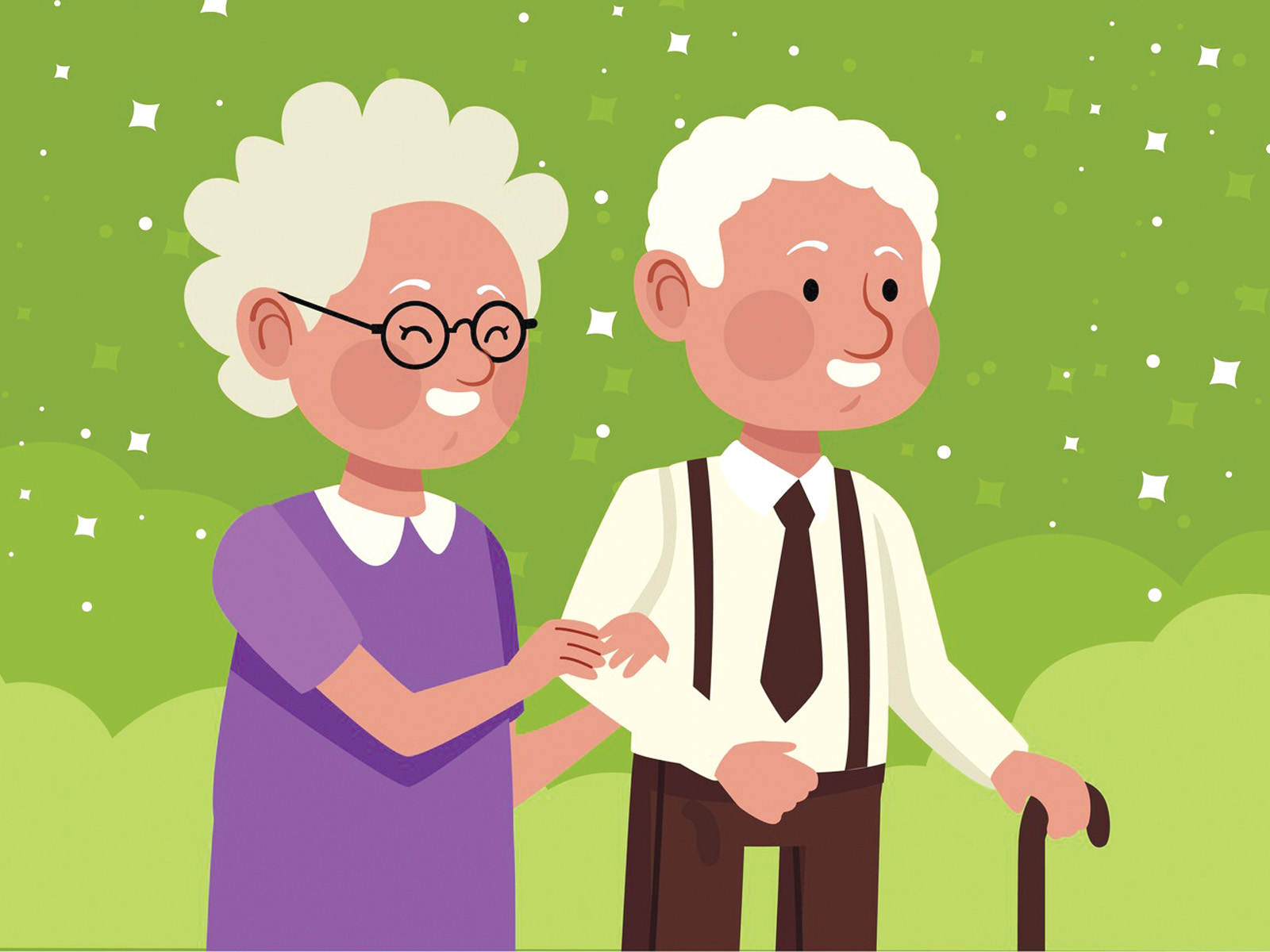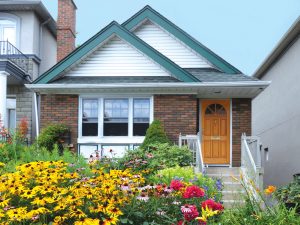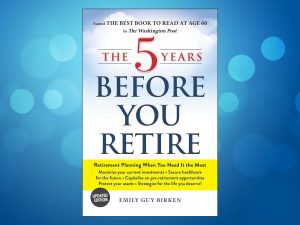What would you do if you found out that your grandmother was being harmed by another family member? Or perhaps you notice that a neighbour is being yelled at by her caregiver or kept in the house by her daughter. Its sad to imagine that older adults are being harmed, distress and abused but research shows that more than three quarters of a million Canadian seniors were last year.
The 7 most common types of elder abuse are: physical, sexual, emotional or psychological, neglect, abandonment, financial or material exportations.
Protecting against abuse
According to the Centre for Research and Education on Violence Against Women and Children while abuse is experienced in a variety of ways its not always easy to spot. Although abusive situations are not common, it is wise to be alert to unfortunate signs that your loved one is being neglected or not properly cared for.
These are some of the common indicators that the Canadian Women’s Foundation suggests keeping an eye out for changes in behaviour such as:
• Whimpering, crying or refusing to talk
• Bruises, fracture, burns or pressure sores that can’t be explained
• Poor personal hygiene with an unkempt personal appearance
• Dirty or chaotic living quarters
• Weight loss for no medical reason
• Personality changes, usually more fearful
• Confusion, excessive sleeping or other symptoms of extra sedation
• A person shows anxiety, fear, or depression
• Changes in social activities like missing church, social gatherings or events
• Changes in living arrangements with someone unexpectedly moving in
• Changes in financial situations including unpaid bills or missing belongings
• Signs of neglect such as lack of food, being left alone for a long time, or not receiving medical supplies like glasses, adult diapers or a cane
Finding a victim
The Canadian Network for Preventing Elder Abuse suggests taking these steps if you are concerned about a family member, friend or neighbour:
• Talk to them: Ask questions about their well-being and avoid being judgemental. If they come forward, believe them and offer support.
• Understand the obstacles they could be facing: Older women who experience violence face many barriers to leaving. Their economic security and health and safety could be affected by leaving the relationship especially if they are living with a disability.
• Respect their rights: Don’t patronize them or degrading assumptions to aging. If the person declines your help, respect their choice, even if you disagree.
• Get their consent: Confronting an abuser can create a more dangerous situation for the person being abused. Make sure you don’t share personal information without getting permission. If the adult is mentally capable of making their own decisions, ask before you intervene. If they want out of the situation, help them develop a safe exit plan. If there is immediate danger, call 911, and ask to talk to the officer who is trained in family violence.













